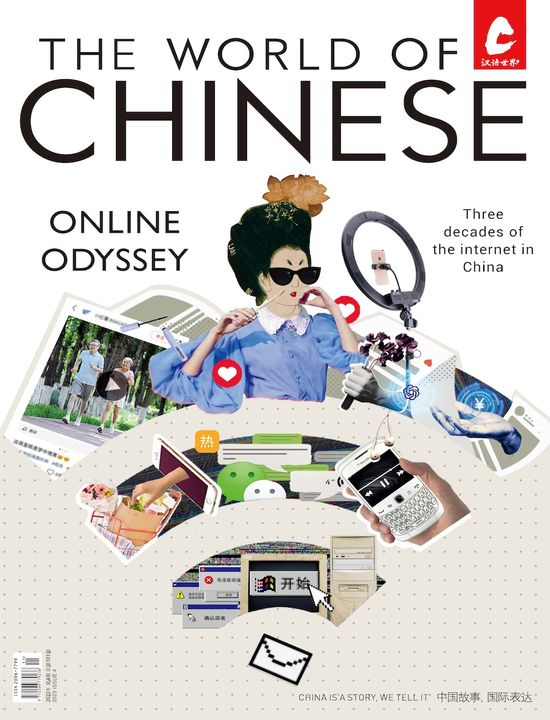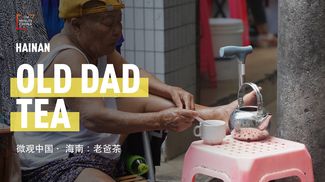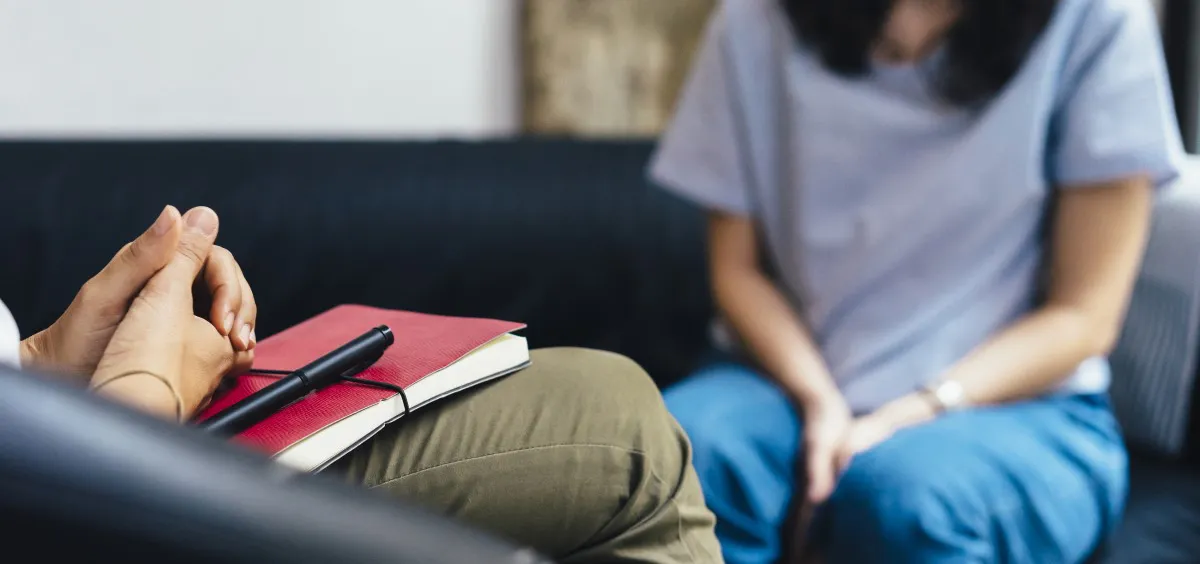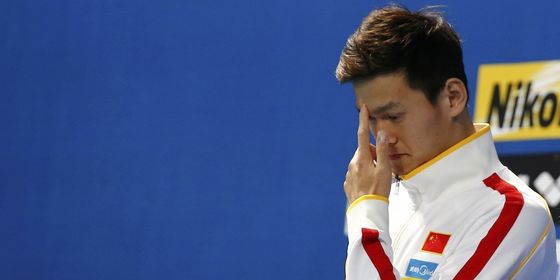Mental health workers fight against depression and anxiety among Chinese under quarantine
Indoor square dancing, working from home, the “broom challenge,” indoor running—just some of the ways that Chinese confined to their homes due to the coronavirus outbreak have attempted to alleviate their boredom.
But keeping sane, upbeat, and stimulated is no easy task when millions are prevented from socializing with friends and family, and from going into work. Fear about the virus and social isolation is causing many to feel anxious and depressed, and mental health professionals are worried.
“Because we’re spending a lot of time at home, our lives aren’t regular, we feel sluggish, there’s no objective to our life, so it’s very easy for us to feel uneasy, or even feel depressed,” psychological consultant Zhang Zhihan said in a video published on WeChat.
A survey by the Chinese Psychology Society published on February 4 found that 42.6 percent of 18,000 respondents showed signs of anxiety related to the COVID-19 outbreak. Of the 14,000 who have been tested, 16.6 percent might have serious depression.
China’s National Health Commission has responded by deploying hundreds of 24-hour free mental health hotlines in an attempt to combat the psychological impact of the virus, and released guidance for local authorities to promote mental health services.
Counseling services, NGOs, and universities have all been involved in setting up mental health support mechanisms for those in need, with the vast majority staffed by volunteers; some professional psychiatrists, others merely concerned members of the public who want to help.
The problem is most acute in Wuhan, the city at the center of the outbreak where all air and ground transportation, including public transit, has been suspended for over a month. Medical workers on the front lines are most stretched, they need to continue caring for suffering patients while overwhelmed hospitals run out of medical supplies and beds.
Yang Bingxiang, assistant professor at the Wuhan University of Health Sciences, is a volunteer at the Tree Hollow Rescue Movement, a mental health-focused volunteer group that has lately been working to help patients find beds and to provide psychological support to medical workers. “I find that most of them are experiencing overwork and high stress, they’re also experiencing high percentages of anxiety, depression and sleep disorders,” Yang tells TWOC.
The Tree Hollow Movement was established in 2018 in Wuhan and normally uses AI to monitor social media for potentially suicidal messages; volunteers then step in to try and help the distressed individual by providing psychological support or crisis intervention. But since Wuhan went into lockdown, the group has focused on providing psychological and logistical support for medical workers and sufferers of coronavirus.
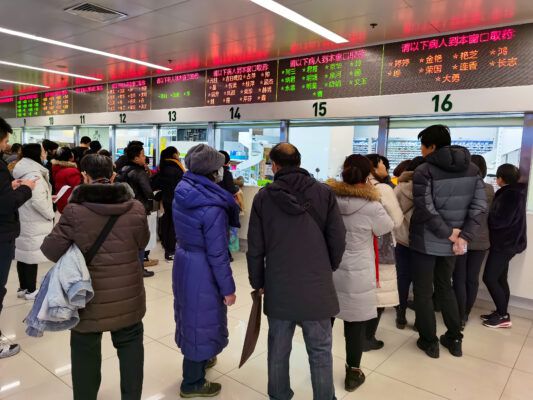
Long lines at overstretched hospitals exacerbate the anxiety of both patients and medical workers
Yang heads the “Tree Hollow Virus Core Group,” made up of 17 volunteers, mainly academics specializing in mental health, who focus on finding potential COVID-19 sufferers who haven’t been able to get hospitalized. They reach out to the patients on Weibo and WeChat, reassure them, contact community officials, and work with hospitals to find beds for them.
Xidianling, another volunteer group, has set up a 24-hour mental health hotline in response to the virus. Over 700 psychological consultants have volunteered to provide assistance, and they’ve received calls from over 16,000 people, 10 percent of which were frontline medical workers.
Psychological consultant Wang Yi, who volunteers with Xidianling, said her workload had doubled since the virus hotline was set up: “For psychologists, the psychological pressure for us is also bigger than before,” she told Yi Dian Ling, a “we media” organization focused on mental health.
“Our callers are seriously anxious, and this anxiety isn’t something you can wait out,; it’s not like in normal times when you can tell them to try and wait for it to slowly melt away, so it’s a real test of psychologists’ training and skill,” Wang said.
Some hotlines have reported being overwhelmed by callers, and while many are keen to volunteer, mental health professionals are in short supply. According to the World Health Organization, China had only 2.2 psychiatrists for every 100,000 people in 2017, and 122,309 mental health professionals overall.
Another difficulty for hotline workers is discerning which callers might actually have the virus. “Callers often have somatic issues, and might say, ‘I can’t eat well, can’t sleep well, and I want to know if it’s a virus infection,’” Xu Wang, a psychotherapist at Tsinghua University, told Reuters.
The psychological impact is common problem faced by huge numbers across China. On Weibo, the hashtag #宅在家里很焦虑怎么办# (“How to deal with feeling very anxious at home”) has gained over 290 million views. In a poll of over 49,000 users, nearly half said they watch TV dramas to alleviate their anxiety at home, while 12,400 said they simply go to sleep.
Yang, who is living under quarantine herself in her husband’s hometown in Hubei province, advises a different approach. “Keep to a regular life, get enough sleep, limit reading the news, pay more attention to family members, and do a little bit of exercise. These are very effective.”
Yang believes things are improving in Wuhan, with the authorities providing more beds and more medical workers available than before to relieve the stress on healthcare workers. “When you encounter something like this, it seems endless, so everybody is anxious, but now we can see that it could end one day; we see hope,” she says. “Although we don’t know the exact day when we will be able to move freely, we know one day we will.”
Photos from VCG
